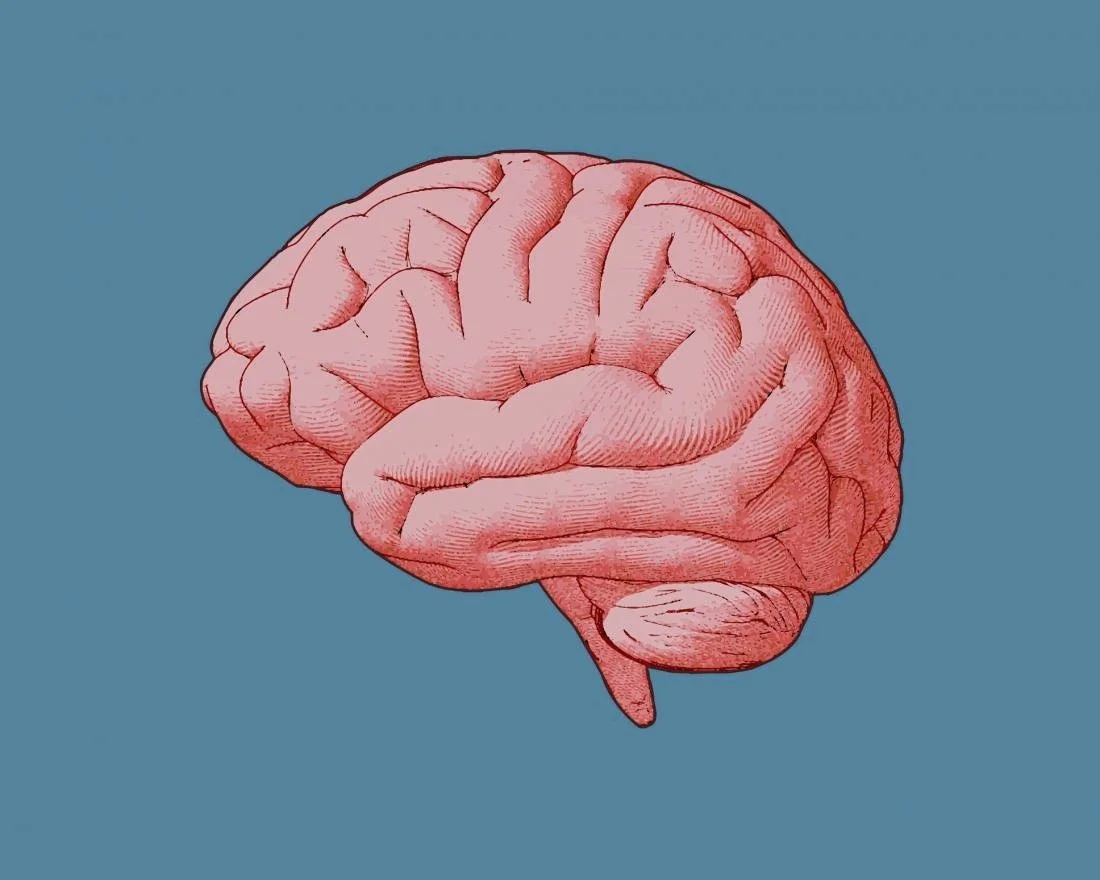“You Can’t Spell Christmas?!”
By Jackson Rose
“You don’t know how to spell Christmas?! I thought every kid knew how to spell Christmas!” These words have haunted me since fourth grade.
You may think, “How does this kid not know how to spell Christmas?” Here's the backstory that led a school staff member to ask me that painful question.
I was sitting at a table with my classmates, working on a holiday card for my learning strategies teacher. Knowing I was dyslexic, I assumed I would eventually run into a word I could not spell. I folded the piece of paper from the shelf next to the table and started writing. As a dyslexic, I was trained to ask for help when needed, so when I wanted to write the word Christmas, I looked for the first adult I could find. I had seen a woman walking around my school in the weeks before the incident; on this day, she happened to be helping around my classroom.
When I asked her, “Excuse me, I'm forgetting how to spell Christmas. I'm writing a letter to my tutor, and I want to make sure I don’t spell anything wrong.”
I was not expecting her response. “Wait, you can’t spell Christmas? I thought every kid knew how to spell Christmas!”
My classmates looked up and stared at her. I remember just sitting there, not knowing what to think or how to act.
“What's so bad about that question?” you may wonder. As a dyslexic, I had been working hard to learn strategies to spell words correctly, so her not understanding that I had put so much time and effort into learning how to spell was upsetting.
I remember running to my mom after school; she asked, “What's the matter?”
At that moment, I didn’t know how to describe what had happened at school that day.
All I could manage to say was, “Why can’t I spell Christmas? Why am I so dumb?!”
In the subsequent days, the woman apologized in private, and I, in turn, told her what it was like to have dyslexia – the good and the bad. We also talked to my class about what happened and how it impacted us. After I stopped talking, I heard a wave of applause flood the room. All I remember was being in utter shock. Ultimately these experiences flipped a switch in my mind, from being ashamed of my dyslexia to wanting to make a change for myself and others.
Flash forward three years from the incident. By then, I had become even more interested in how my mind works, leading me to join the Synapse/Stanford Brainwave Learning Center (BLC), a lab inside a school designed to help teachers and neuroscientists learn from each other.
Shortly after becoming a research assistant, I got to participate in the Learning and the Brain conference, where we demonstrated how our neuroscience lab works. Teachers around the world were able to hear more about the program. They could see how we use the EEG net to track brainwaves, so scientists can better understand how the brain works and how we learn.
What really interests me is dyslexia research. So, I started looking into audio-visual integration. Audio-visual integration is your brain's ability to put together sounds and images into one unified input. Early research shows a potential difference between how dyslexic thinkers and neurotypical thinkers interpret information.
As I learn more about the brain, I want to combine that knowledge with my interest in technology to create better tools for tutors who teach those with dyslexia. This is a problem I’ve experienced myself.
“You don’t know how to spell Christmas?” Perhaps I'm not the best speller, but I can do a whole lot more.





